New Scientist covers the latest developments in science and technology that will impact your world. New Scientist employs and commissions the best writers in their fields from all over the world. Our editorial team provide cutting-edge news, award-winning features and reports, written in concise and clear language that puts discoveries and advances in the context of everyday life today and in the future.
Elsewhere on New Scientist
A note from the team
The anatomy of choice • Biologists approaching the question of free will must keep a clear head
New Scientist
Pig-to-human heart transplant
Asteroid haul returns to Earth • NASA’s OSIRIS-REx mission has brought back materials from asteroid Bennu that could help us understand how the solar system formed, report Leah Crane and Alex Wilkins
Psyche mission also aims for an asteroid
Nearly all mammals will go extinct in 250 million years
AI could diagnose sleep apnoea with cameras at home
Analysis Coronavirus vaccination • Why are covid-19 booster vaccination policies so different? In the US, officials recommend everyone over the age of 6 months gets a booster, while the UK is restricting it to older or vulnerable people, says Grace Wade
Squeezing loofahs creates electricity for powering LEDs
Man who sees upside down gives clues on how we process faces
The best place to build a moon base • Lots of sunlight and shade will provide lunar station inhabitants with solar power and water
Therapy dogs in classrooms may boost well-being
Armour-plated mollusc may fluoresce to hide
Analysis Climate targets • Net zero delay wastes time the UK doesn’t have The British prime minister’s decision to push back plans for cutting emissions will make it hard to hit targets, says Michael Le Page
Earliest evidence of wood buildings • At a site in Zambia, there are the first tentative hints that, rather than roaming, people stayed put 476,000 years ago and built large wooden dwellings, finds Colin Barras
Brain damage linked to schizophrenia may spread as the condition develops
Genetically modified silkworms produce pure spider silk
Erasing the body’s immune memory • A vaccine that stops the body attacking itself could help with conditions like multiple sclerosis
Jellyfish learn from experience even without a brain
Prehistoric people may have made tools from human bones
Chaotic stars rule at the heart of the Milky Way
Consciousness theory under attack • Integrated information theory is seen by some as a leading explanation for consciousness, but more than 100 neuroscientists have called it untestable, finds Clare Wilson
Young birds more likely to ‘divorce’
Corkscrew microbot uses sound to move
Europa’s underground ocean is leaking CO₂
Really brief
Laws of the wild • The rules protecting UK wildlife are riddled with outrageous omissions and egregious practices. This must change, argues Alick Simmons
This changes everything • Alexa, speak Cheyenne Artificial intelligence is helping keep Indigenous languages alive – but what happens when corporations get involved, asks Annalee Newitz
Your letters
Lighting up
Taking it personally • Neuroscientist Camilla Nord tells Liz Else why mental health science is increasingly about what works for individuals – from psychedelic therapy to exercise regimes
Talking to aliens • A fascinating book asks if we could ever commune with other life forms, says Pat Kane
New Scientist recommends
The TV column • Worth staying up for Two friends with insomnia spend their nights chatting about possible treatments in Still Up, a rare look at how the condition can affect relationships – and a...

 Dec 28 2024
Dec 28 2024
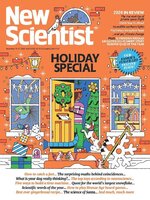 Dec 14 2024
Dec 14 2024
 Dec 07 2024
Dec 07 2024
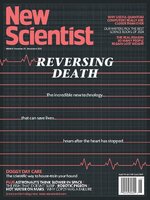 Nov 30 2024
Nov 30 2024
 Nov 23 2024
Nov 23 2024
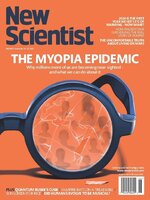 Nov 16 2024
Nov 16 2024
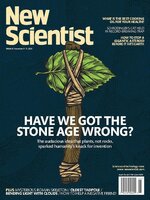 Nov 09 2024
Nov 09 2024
 Nov 02 2024
Nov 02 2024
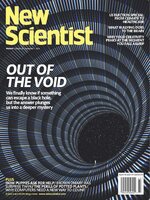 Oct 26 2024
Oct 26 2024
 Oct 19 2024
Oct 19 2024
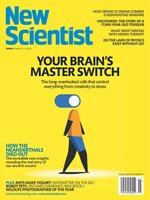 Oct 12 2024
Oct 12 2024
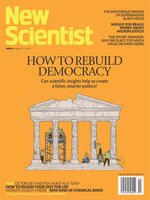 Oct 05 2024
Oct 05 2024
 Sep 28 2024
Sep 28 2024
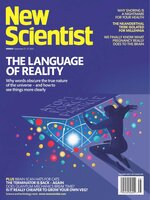 Sep 21 2024
Sep 21 2024
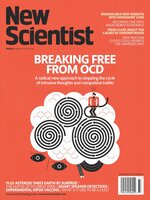 Sep 14 2024
Sep 14 2024
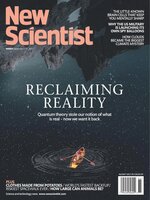 Sep 07 2024
Sep 07 2024
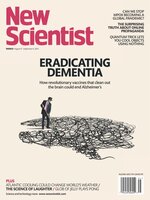 Aug 31 2024
Aug 31 2024
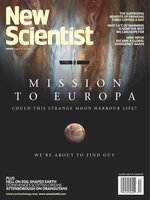 Aug 24 2024
Aug 24 2024
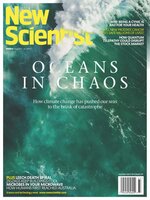 Aug 17 2024
Aug 17 2024
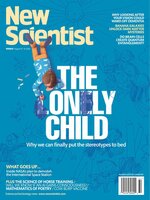 Aug 10 2024
Aug 10 2024
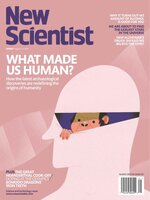 Aug 03 2024
Aug 03 2024
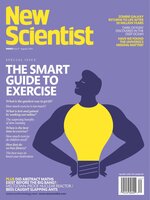 Jul 27 2024
Jul 27 2024
 Jul 20 2024
Jul 20 2024
 Jul 13 2024
Jul 13 2024
